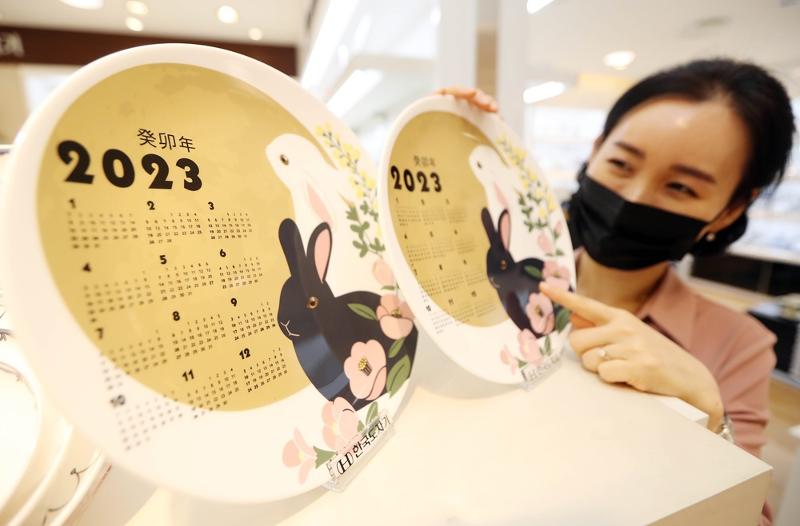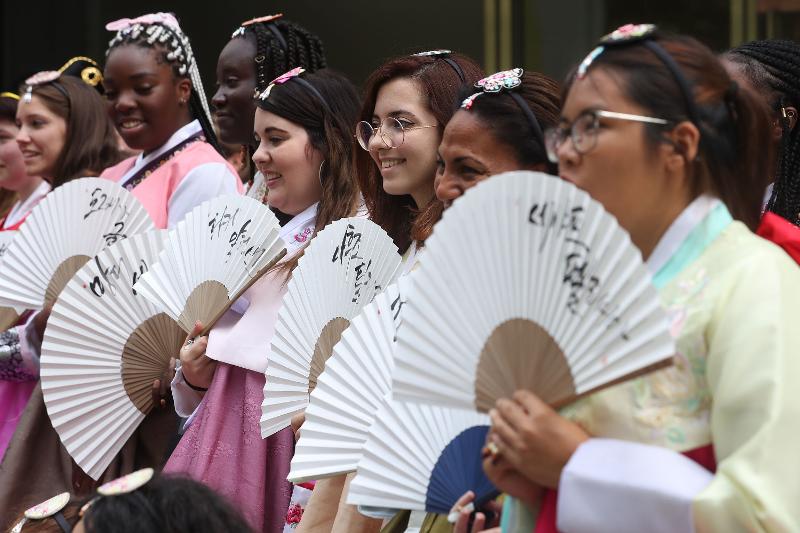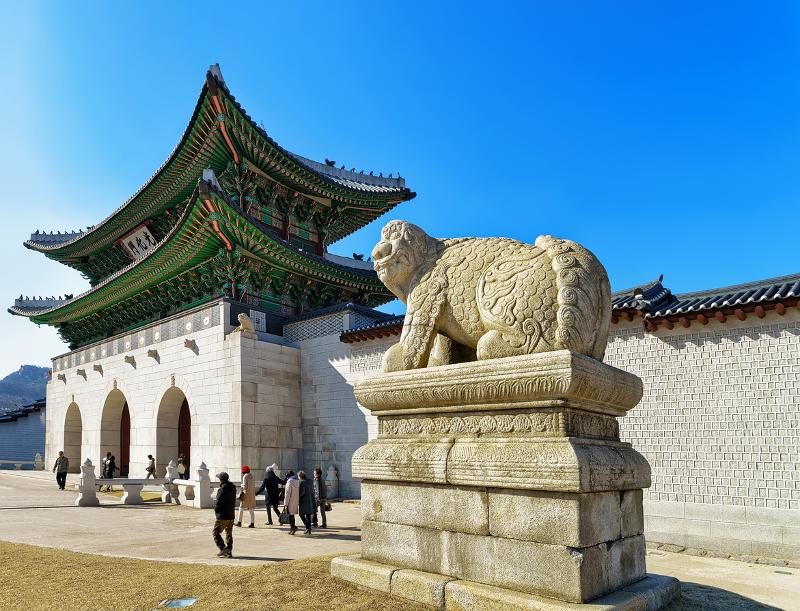
2023 will see new policy measures in sectors like tourism, social welfare and immigration services. (Yonhap News)
By Yun Dahee
The new year will see the launch of two visas to attract travelers planning long-term stays in Korea, expansion of the use of the Smart Entry Service (SES), the automated inspection system of the Korea Immigration Service, by more age groups and a new look for the foreign resident card from April.
The capital of Seoul will hike public transportation fees for the first time in eight years and restore woldae (traditional ceremonial stage) at Gwanghwamun Gate, the main entry point of Gyeongbokgung Palace, and the National Museum of World Writing will be opened in Songdo International Business District of Incheon.
The following are major changes in Korea slated for 2023 that primarily affect expats and foreign nationals planning to visit.
The first half of the year will see the debut of the "workcation" (work plus vacation) visa, tentatively dubbed the digital nomad visa, and another for training in Korean culture. The workcation visa allows residence in Korea for one to two years while the holder maintains a job back home. "Workcation" refers to a system of combining remote work with tourism.
The visa for training in Korean culture is intended for teens wishing to learn about Hallyu like K-pop at related organizations with a maximum stay of two years.

A visa for training in Korean culture will debut in this year's first half for teens wish to learn about Hallyu in Korea. (Yonhap News)
Expats in Korea aged 7 or older can use the SES in a revision to the rule that limited its use to those aged 17 or older. The revision took effect on Jan. 1, and those aged 7 or older and those under 17 should register for the service at 19 registration centers nationwide.
Expats under age 14 must be accompanied to a center by a parent or legal guardian who also hold the minor's ID and document certifying their relationship at a center and agree to provide personal information.
The new foreign resident card will have a bigger photo of the bearer in color, easing the identification process while maintaining security features, as well as Q-Code for information processing.
For the first time in eight years, the capital will see a fee hike in public transportation. The Seoul Metropolitan Government said a raise of KRW 300 in subway and city bus fares is slated for late April, meaning the base subway fare will rise from KRW 1,250 to KRW 1,550 and that of a city bus from KRW 1,200 to KRW 1,500 if paid by a smart transportation card. The cash fares will be KRW 1,650 for the subway and KRW 1,600 for a city bus.
The National Museum of World Writing will be opened in May in Songdo International Business District of Incheon's Yeonsu-gu District. The facility's purpose is to research and display Hangeul and other texts worldwide, with its opening to come eight years after the Ministry of Culture, Sports and Tourism selected it in 2015 as a public project.
Following the reopening of the landmark Gwanghwamun Square last year, the Seoul municipal government and the Cultural Heritage Administration (CHA) are jointly restoring the woldae there. The traditional stage was partially restored in 2010 but the project remains incomplete because of a road built on top of it. CHA said it intends to finish the restoration this year.

The Seoul Metropolitan Government and Cultural Heritage Administration are jointly restoring woldae, a traditional ceremonial stage in front of Gyeongbokgung Palace, and open it to the public this year. (iStockphoto)
In the economy, the minimum wage rose to KRW 9,620 per hour, up 5% from KRW 9,160 last year. The minimum monthly salary based on 209 working hours thus rose to KRW 2,010,580, or KRW 96,140 more than last year. This hike applies to full-time staff as well as all foreign, temporary, day and hourly workers regardless of nationality.
The "Korean age" system will also undergo a major change. From June, a full year will define age in line with "international age," or the number of years since a person's birth starting with zero and rising by a year with each birthday. Korean age refers to the traditional method of considering a baby a year old on the day of birth and adding a year every Jan. 1, leading to confusion. Thus the decision was made to convert to the system used around the world.
In child care, foreign parents raising children in Korea will see notable changes this year. Gyeongsangnam-do (Province) Office of Education will subsidize education expenses for foreign children aged 3-5 registered as residents who attend public and private kindergartens in the province.
The monthly subsidy for a student attending public kindergarten is KRW 100,000 and one who goes to a private one is KRW 280,000. A parent or guardian can apply for this support at a kindergarten by filling out an application form and submitting documents such as a foreign resident card.
daheeyun@korea.kr